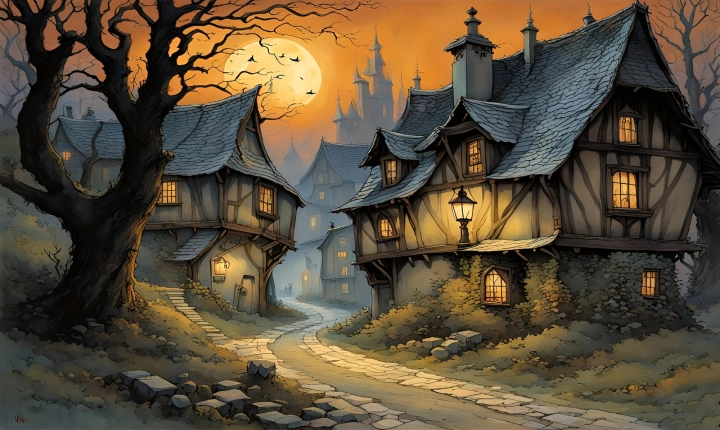Can ChatGPT Create Songs?
Artificial intelligence has come a long way in recent years, making strides in various fields such as language processing, image recognition, and even music composition. One of the most popular AI language models, ChatGPT, has gained attention for its ability to generate human-like responses in text-based conversations. But can it extend its capabilities to create songs?
The short answer is: yes, ChatGPT can create songs. Using its vast database of text and its ability to understand and generate human-like language, ChatGPT can compose lyrics and even generate melodies. However, the quality and coherence of these songs may vary depending on the input and the specific task at hand.
When it comes to lyric writing, ChatGPT can be quite adept at generating verses and choruses that follow a given theme or style. By providing the AI with prompts and guidelines, it can craft poetic lines and rhymes that could form the basis of a song. However, the AI’s lack of emotional depth and lived experiences may result in lyrics that feel somewhat disconnected or lacking in authenticity.
In terms of melody creation, ChatGPT may struggle more due to the complexity of musical composition. While it can generate sequences of notes and chords based on patterns found in its training data, the resulting melodies may lack the innovation and emotion that humans bring to music. It is important to note that AI-generated melodies will often resemble existing compositions, as ChatGPT’s output is largely influenced by the data it has been trained on.
Despite these limitations, ChatGPT’s ability to create songs has potential applications in the music industry. For example, it could be used as a tool for generating rough drafts or generating ideas to inspire human composers. Additionally, it could be helpful for producing background music or jingles for advertisements.
As with any AI-generated content, it is crucial to consider ethical and legal implications. The use of AI-generated songs in commercial settings may raise questions about copyright and intellectual property rights. Furthermore, it is essential to credit and compensate human musicians and songwriters for their creative contributions.
In conclusion, while ChatGPT has the capacity to create songs, its limitations should be acknowledged. The AI’s outputs may lack the depth, originality, and emotional resonance found in music created by human composers. However, when used responsibly and in collaboration with human talent, AI-generated songs have the potential to inspire, innovate, and push the boundaries of musical creativity. As AI technology continues to evolve, we can expect further advancements in this area, opening up new possibilities for the intersection of artificial intelligence and the arts.
